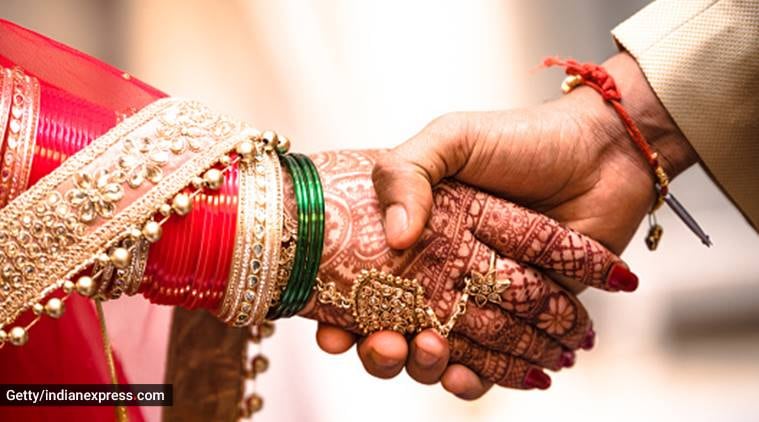The Centre (Indian government) has argued in the Supreme Court that the right to marry is not an “absolute right” and that petitioners cannot compel the state to grant legal status to same-sex marriage through a judicial declaration.
The Solicitor-General Tushar Mehta argued that the right to marry does not include the right to compel the state to include a new definition of marriage. He pointed out that several provisions across statutes regulate marriage, such as age of marriage, number of times one can marry, and grounds for judicial separation and divorce. The law has a hold on one’s privacy, and the fallout of a judicial declaration recognising same-sex marriages would be too numerous, varied, and complex for the court.
Mr. Mehta argued that the legal recognition of same-sex marriage by making Special Marriage Act gender-neutral should ideally be debated in the Parliament, and not in the court. A debate in the Parliament will be assisted by national views, views of experts, views on impact, effects, and implications on several laws. To his knowledge, there are at least 160 provisions that cannot be reconciled with a changed Special Marriage Act. Parliament has already accepted the right of choice, autonomy in terms of sexual preference, and privacy in terms of the right to intimate relationships between consenting adults.
Mr. Mehta also pointed out that the Transgender Persons (Protection of Rights) Act, 2019 was the Parliament’s response to decriminalisation of homosexuality by the Supreme Court in 2018. The term ‘transgender person’ in the statute is widely defined to include all spectrums of the LGBTQIA+ community. He questioned the court what the ‘+’ encompassed in the ‘LGBTQIA+’ community and said that the social institution of marriage was shaped by world religions. All religions converge and do not contradict in their opinion that marriage is at the heart of the foundation of family and society. They believe that children from the marriage are sacred gifts of the marriage. What is recognised as marriage is a heterosexual union.
Mr. Mehta said the lawmakers had “consciously omitted” LGBTQIA+ community from the purview of the Special Marriage Act, and what was not intended by lawmakers cannot be added into the Act. He said the court should not become a “super-legislature” and that, though the finest intellects may reflect on this here, they still will not make the will of the people.
In conclusion, the Centre has argued in the Supreme Court that the right to marry is not an “absolute right” and that same-sex marriage cannot be granted legal status through a judicial declaration. The government believes that a debate in Parliament is necessary to make the Special Marriage Act gender-neutral and that the court should not become a “super-legislature.”
